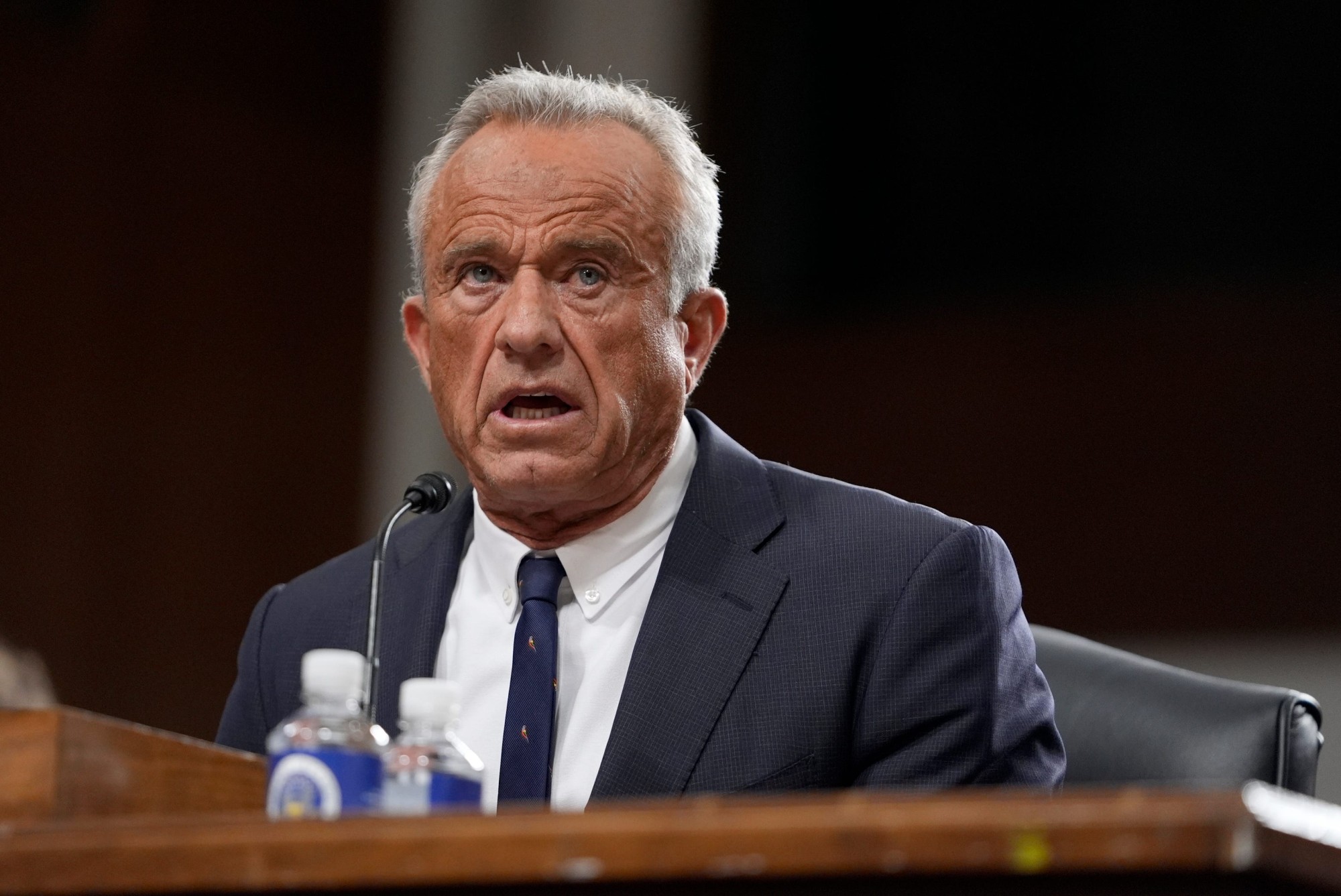U.S. News
18 Processed Foods That Might Change or Disappear Under RFK Jr.’s Health Policies
By Jake Beardslee · February 13, 2025

18 Processed Foods That Might Change or Disappear Under RFK Jr.'s Health Policies
Following Robert F. Kennedy Jr.'s controversial confirmation as Secretary of Health and Human Services, major changes could be coming to America's food industry. With his platform focused on addressing what he calls "the chronic disease epidemic" through sweeping changes to food safety and environmental regulations, many common processed foods might face significant modifications or even disappear from store shelves.Several common preservatives and artificial colors, mainstays in American processed foods, face particular attention due to their banned status in European markets and elsewhere. This regulatory disparity has become a focal point in broader discussions about U.S. food safety protocols.
Here's a comprehensive look at 18 products that could be affected under Kennedy's leadership. Jack Gruber / USA TODAY NETWORK via Imagn Images
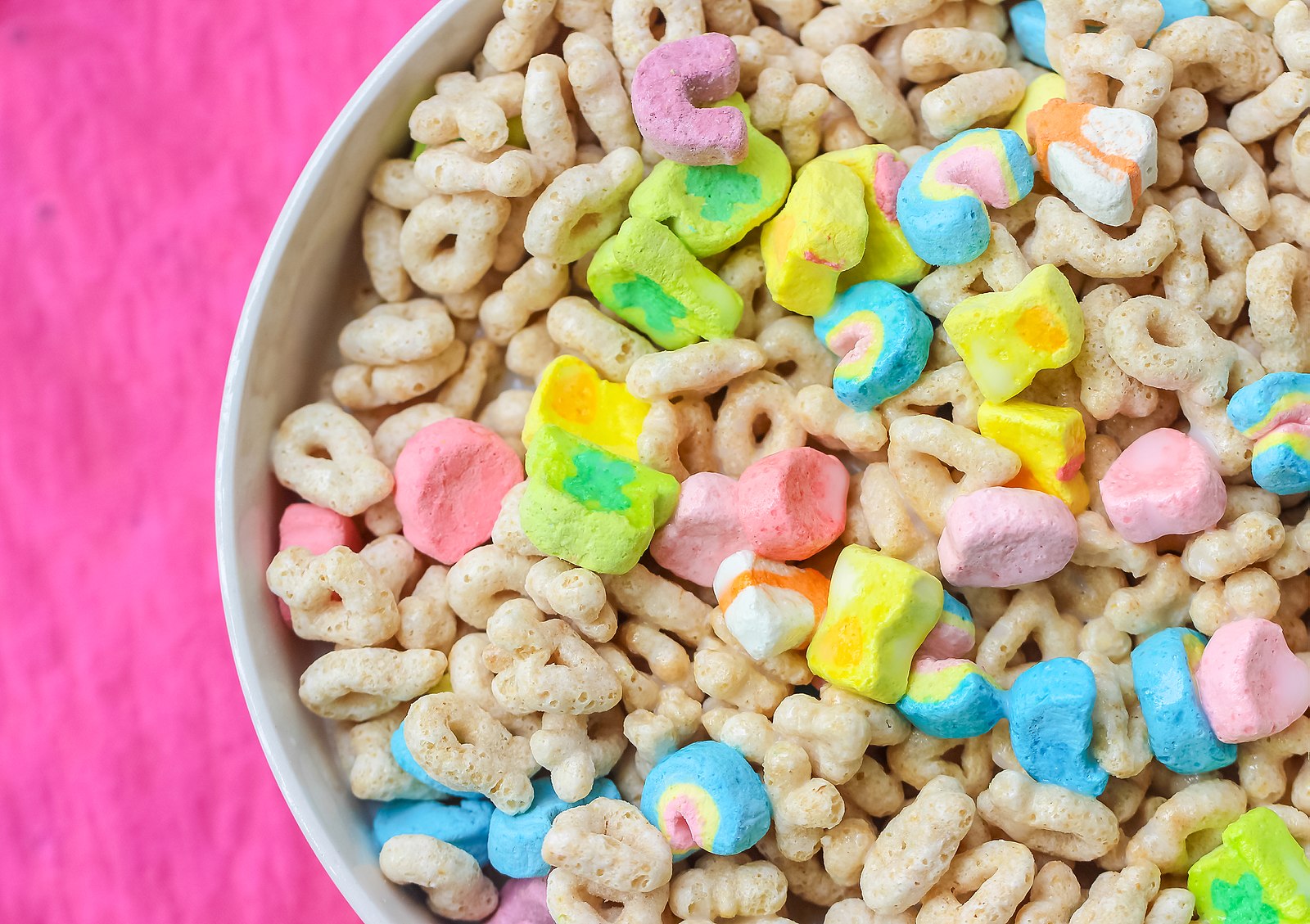
Breakfast Cereals with Artificial Colors
The widespread use of synthetic dyes in popular breakfast cereals may face strict regulation under Kennedy's leadership. Given his emphasis on "data-driven, evidence-based" approaches to public health, artificial colors like Red 40 and Yellow 5, which have been linked to behavioral issues in some studies, could be banned or severely restricted. Major cereal manufacturers might need to reformulate their products using natural alternatives. Sarah Mahala Photography & Makeup Artistry / Wikimedia
Soft Drinks with High Fructose Corn Syrup
As part of addressing the chronic disease epidemic Kennedy highlighted during his campaign, beverages containing high fructose corn syrup could face new labeling requirements or ingredient restrictions. Manufacturers might be forced to switch to alternative sweeteners or natural sugar, significantly changing the taste profile of many popular sodas. Ri_Ya / Pixabay
Hot Dogs with Nitrates
Traditional hot dogs containing sodium nitrite and nitrates might face new regulations. Manufacturers could be required to use natural preservatives or face stricter labeling requirements about health risks associated with processed meats. FernandoValencia / Pixabay
Potassium Bromate in Bread and Baked Goods
A common flour improver, potassium bromate is used to strengthen dough and improve bread texture, but it has been classified as a possible carcinogen by the International Agency for Research on Cancer (IARC). While it remains legal in the U.S., Kennedy’s focus on food safety and chronic disease prevention could lead to new restrictions or a complete ban. Mariana Kurnyk / Pexels
Protein Bars with Sugar Alcohols
Given Kennedy's focus on ingredient transparency and natural alternatives, protein bars containing sugar alcohols and artificial sweeteners might face new labeling requirements. Manufacturers could be required to provide more prominent warnings about potential digestive effects or reformulate with natural sweeteners. Su-no-G / Wikimedia
Flavored Coffee Syrup
Commercial coffee syrups often contain artificial colors, flavors, and preservatives. Under Kennedy's HHS leadership, these products might need to shift toward natural flavoring agents and colorings, potentially affecting both retail and food service products. Thirdman / Pexels
Shelf-Stable Pudding
Long-lasting pudding cups containing artificial thickeners, preservatives, and synthetic flavors might require significant reformulation. New regulations could mandate the use of natural stabilizers and real dairy ingredients. Thomson200 / Wikimedia
Neotame in Sugar-Free & Low-Calorie Foods
Neotame, a synthetic sweetener related to aspartame, is used in sugar-free gums, diet sodas, and processed baked goods. Despite being significantly sweeter than sugar, some critics argue that its safety profile remains under-researched. Kennedy could demand further long-term studies before allowing its continued widespread use. Tsuruya / Wikimedia
Spray Cheese Products
Spray cheese products, which often contain less than 20% actual cheese, rely heavily on milk protein concentrate, whey protein concentrate, and artificial stabilizers. Kennedy's emphasis on food authenticity could lead to new standards requiring minimum percentages of real cheese content – potentially as high as 51%, similar to European cheese product regulations. Steven Depolo / Wikimedia
Shelf-Stable Tofu Products
Shelf-stable tofu, which often relies on preservatives and pH regulators for long-term stability, might need reformulation. Kennedy's emphasis on traditional food preparation could require these products to more closely mirror traditional tofu-making processes. waichi2021 / Pixabay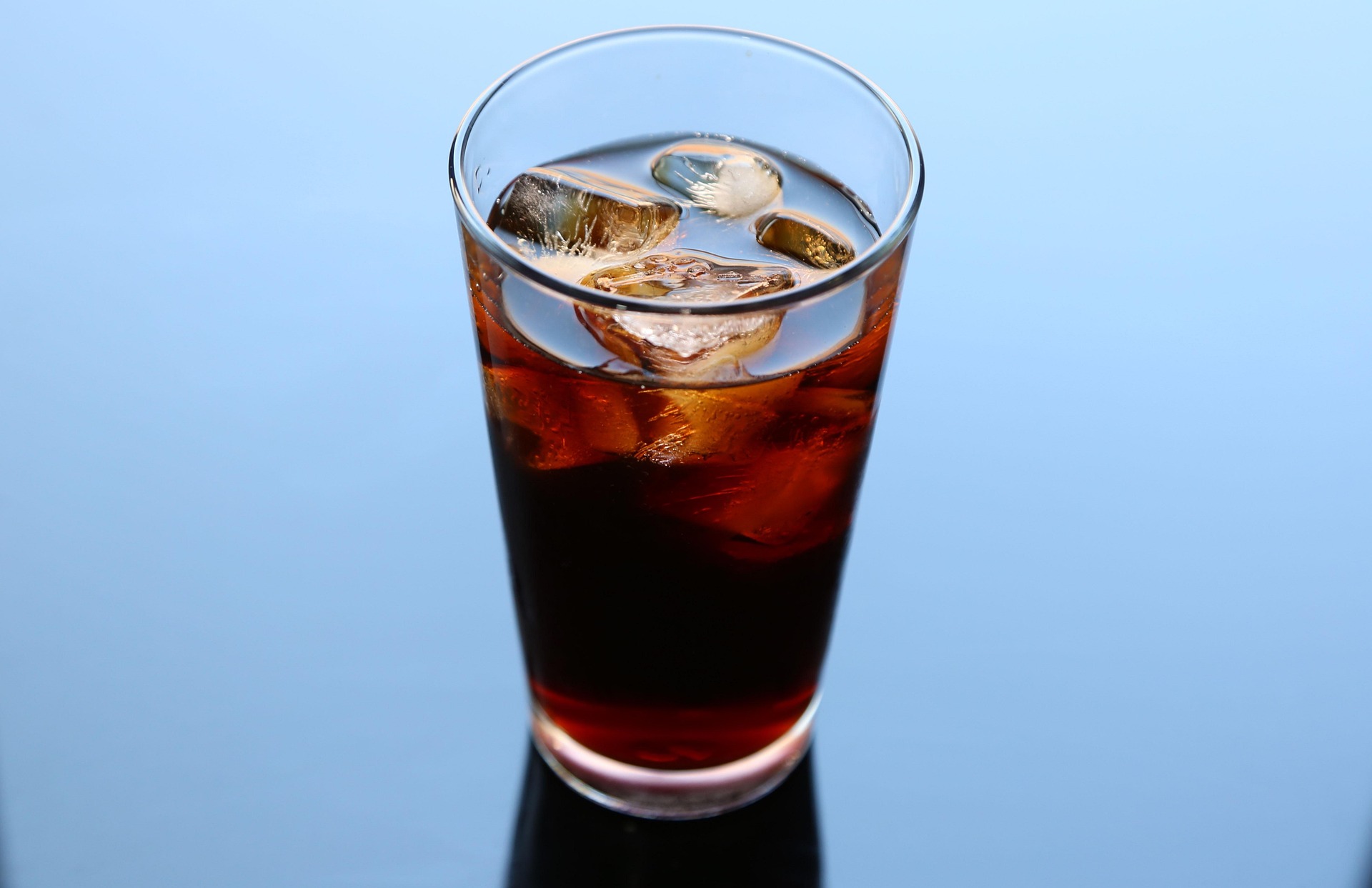
Shelf-Stable Cold Brew Coffee
The ready-to-drink coffee market might face scrutiny over preservation methods and additives. Products often contain potassium sorbate, artificial flavors, and synthetic sweeteners. Kennedy's focus on ingredient transparency could require new preservation methods and natural flavoring alternatives. 4137dutchcafe / Pixabay
Processed Buffalo Sauce
Commercial buffalo sauces, which often contain artificial preservatives, synthetic thickeners, and high sodium levels, might face new regulations. Kennedy's emphasis on food authenticity could require minimum percentages of real butter and natural preservatives, potentially increasing production costs. Breville USA / Wikimedia
Gellan Gum in Plant-Based Dairy Products
Gellan gum is a thickening and stabilizing agent used in plant-based dairy alternatives and fruit juices. While it is considered safe, Kennedy’s FDA might require clearer labeling or research into its long-term health effects. Edgar181 / Wikimedia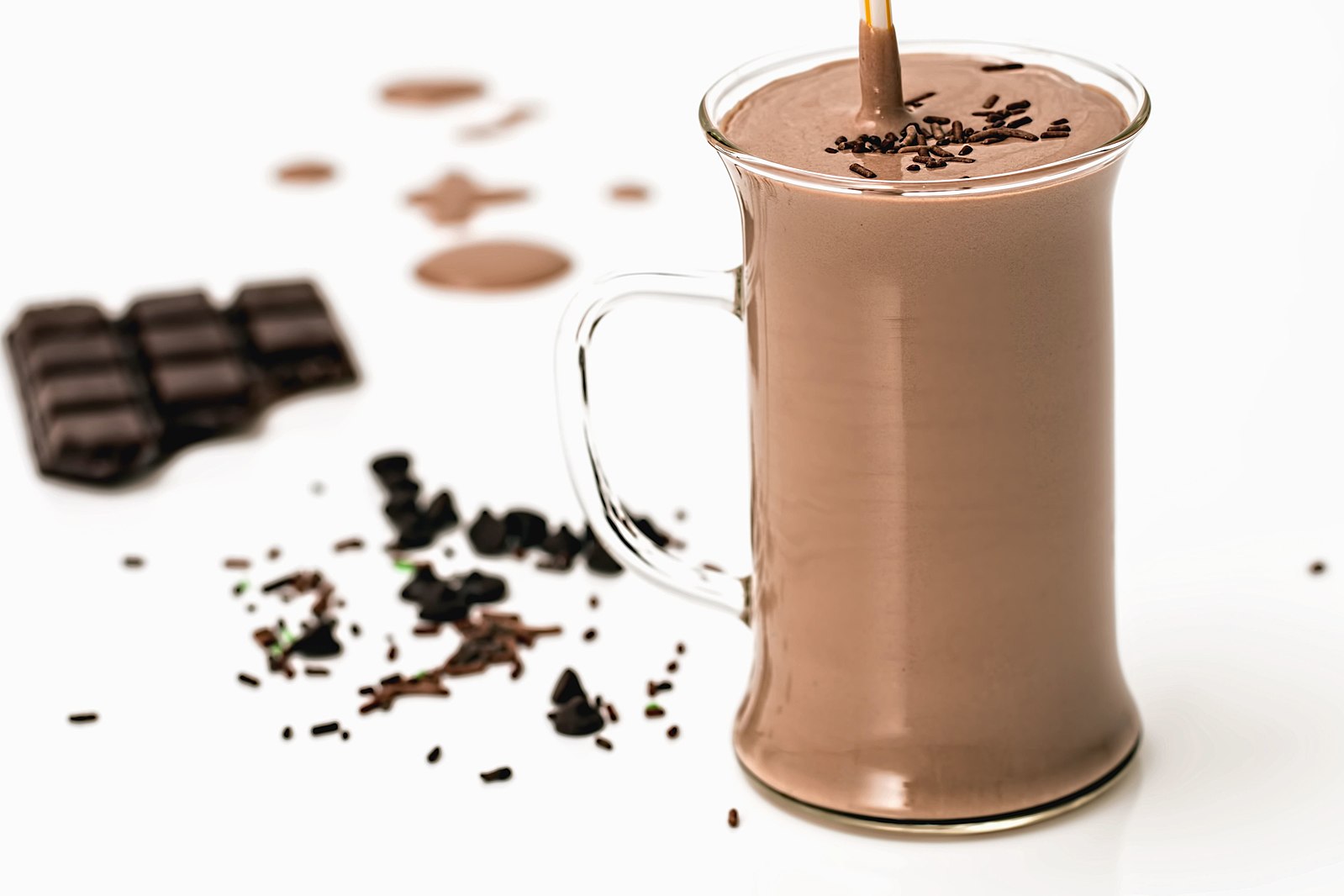
Flavored Milk (Strawberry, Chocolate, etc.)
Often loaded with artificial colors, high fructose corn syrup, and emulsifiers, these could be subject to sugar reduction mandates and ingredient transparency regulations. stevepb / Wikimedia
Artificial Sweeteners (Aspartame, Acesulfame K, & Sucralose) in Diet Products
Aspartame, acesulfame potassium (Ace-K), and sucralose are artificial sweeteners commonly found in diet sodas, sugar-free snacks, and low-calorie processed foods. Though widely used, concerns about their links to gut microbiome disruption have persisted. Kennedy’s focus on “clean-label” initiatives could lead to stricter warning labels or bans on certain artificial sweeteners. Yikrazuul / Wikimedia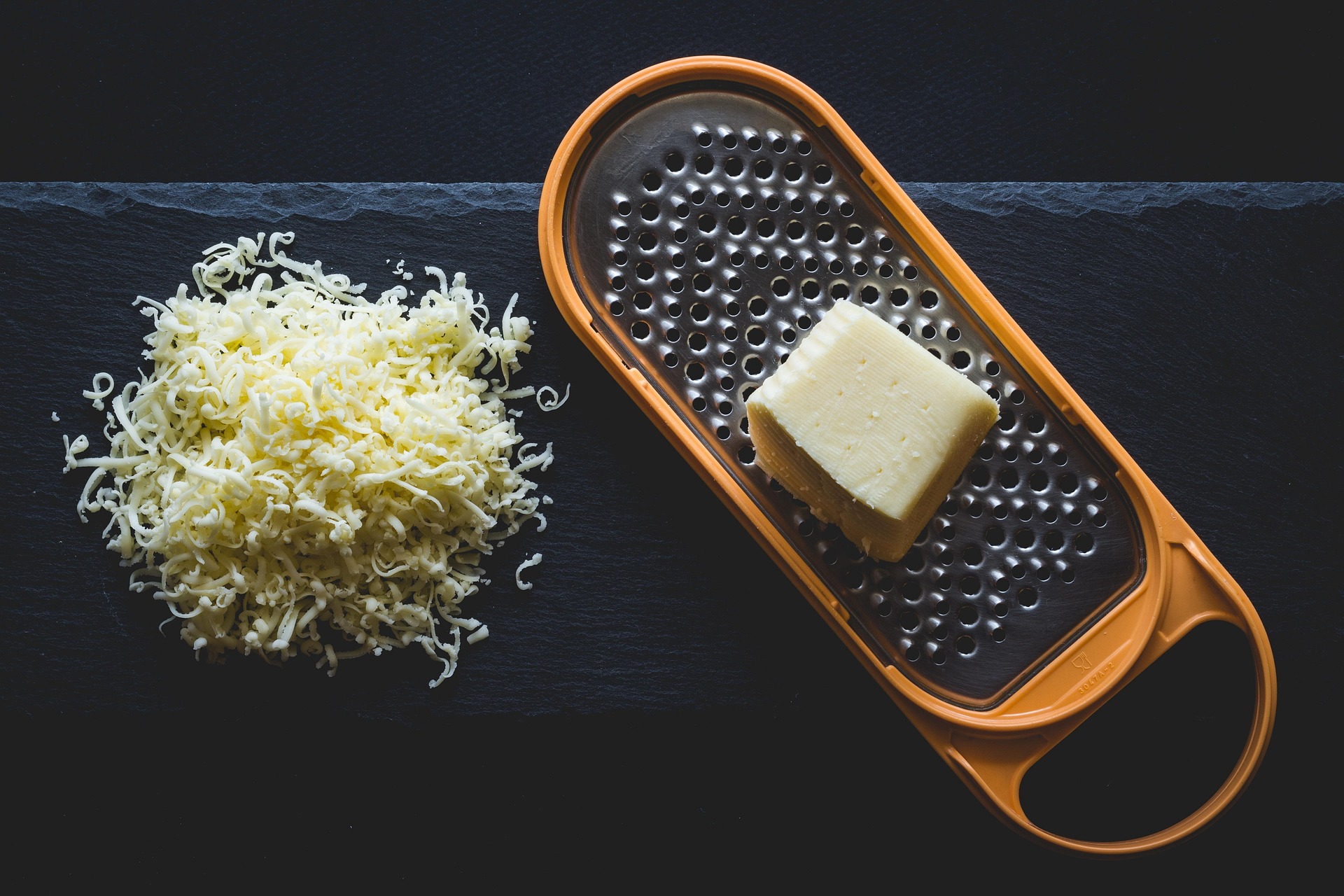
Supermarket Cheese “Crumbles” & Shredded Cheese Bags
Many brands add cellulose (wood pulp) to prevent clumping, which could require clearer labeling or replacement with natural anti-clumping agents. Wounds_and_Cracks / Pixabay
Chocolate Chip Muffins (Gas Station or Convenience Store Varieties)
These muffins often contain artificial chocolate flavor and high fructose corn syrup. The combination of these processed ingredients makes them a likely target for ingredient restrictions aimed at reducing unhealthy additives and improving overall nutritional quality. Fabiano_Pimentel / Pixabay
Pre-Packaged Éclairs & Cream Puffs
These convenience-store treats often contain synthetic vanilla extract that lacks the depth of real vanilla. Additionally, they are typically made with artificial thickeners and stabilizers to extend shelf life and maintain texture, rather than fresh dairy-based fillings. With growing concerns over processed additives and unhealthy fats, these ingredients could be phased out as part of broader efforts to improve food quality and eliminate unnecessary artificial components. RitaE / Pixabay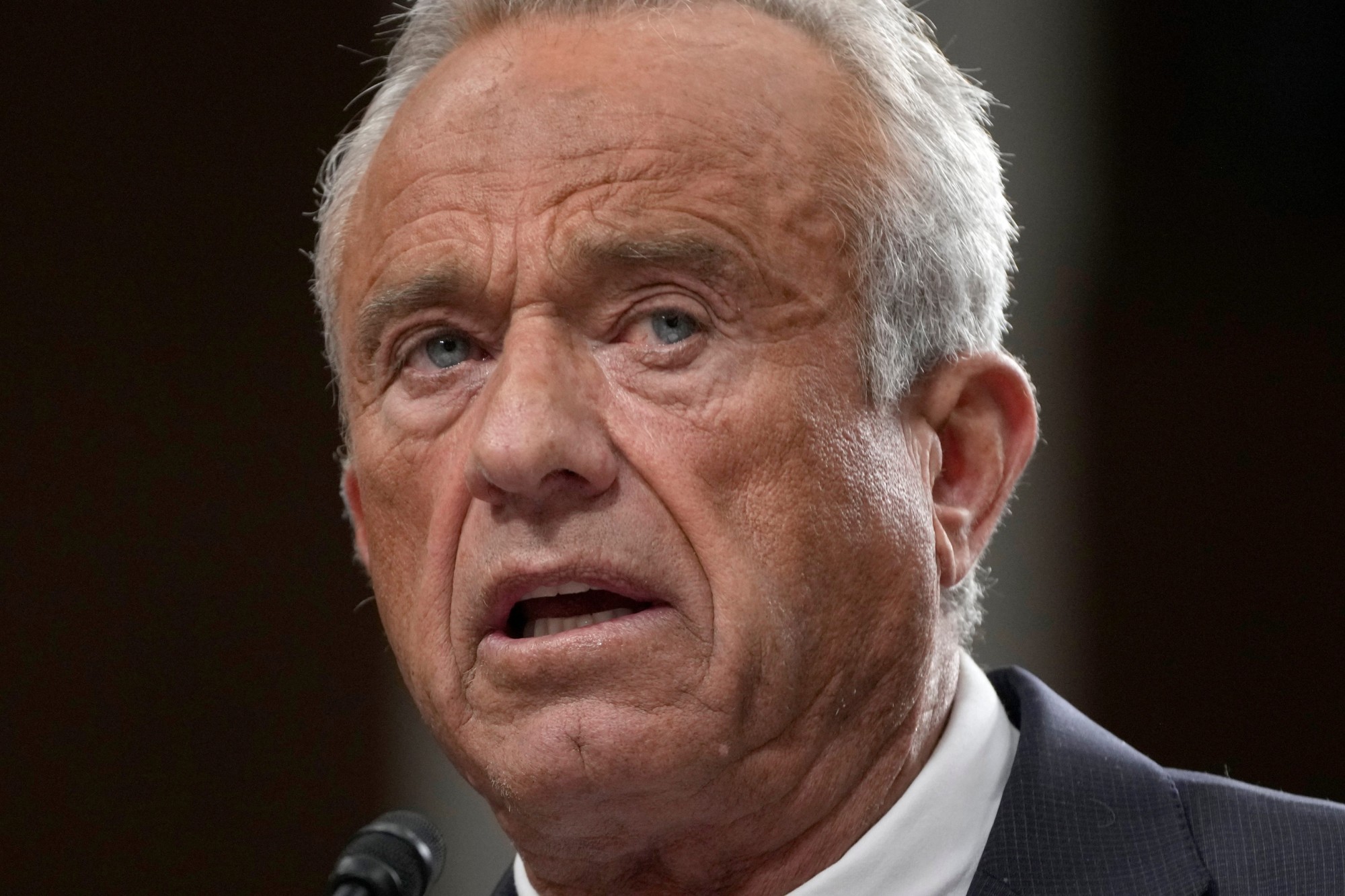
RFK Jr. Confirmed as HHS Secretary in Narrow Senate Vote
The Senate voted on Thursday to confirm Robert F. Kennedy Jr. as the Secretary of Health and Human Services, marking a significant victory for President Donald Trump. The confirmation, which faced considerable controversy due to Kennedy’s history of contentious views on vaccines and public health policy, passed narrowly with a 52-48 vote along party lines.Democratic senators also raised concerns about Kennedy’s grasp of key health policy issues. He made several errors when describing how Medicare and Medicaid operate, including incorrectly categorizing Medicare Part A as covering primary care rather than inpatient hospital care. Additionally, he misstated Medicaid’s funding structure, incorrectly asserting that it is fully funded by the federal government when it is actually a joint federal-state program.
As head of the Department of Health and Human Services, Kennedy now oversees a vast network of federal health agencies, including the Food and Drug Administration, the Centers for Disease Control and Prevention, the National Institutes of Health, and the Centers for Medicare and Medicaid Services. His leadership will likely play a pivotal role in shaping health policies that impact millions of Americans. Jack Gruber / USA TODAY NETWORK via Imagn Images
